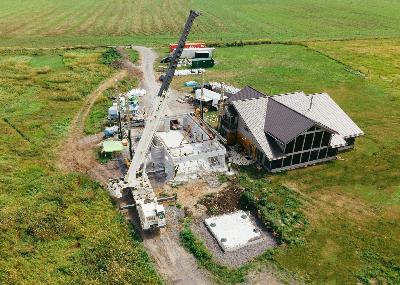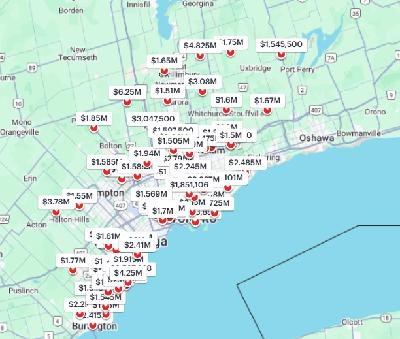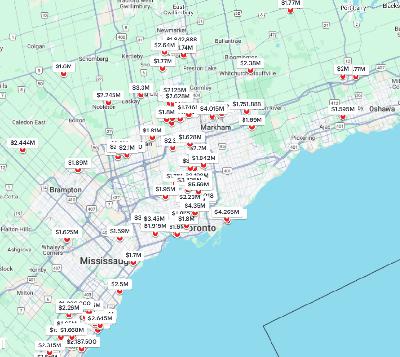Can 3D printed homes solve Canada's housing crisis?
Description
The completion of a two-storey, mixed-use building on Wolfe Island, Ontario, by Canadian company nidus3D in partnership with COBOD International, marks a seminal moment in the evolution of Canadian construction. As North America's first multi-storey, permitted 3D-printed building, the project served as a critical proof-of-concept, demonstrating the viability of 3D construction printing (3DCP) in a cold-climate, highly regulated environment. This report provides a detailed profile and analysis of the project, evaluating its claims, benefits, and challenges within the broader context of Canada's housing crisis and skilled labor shortage.
The analysis reveals that the Wolfe Island project is not an isolated event but a key milestone in a strategic, progressive series of "firsts" by nidus3D, designed to systematically prove the scalability and versatility of 3DCP. While the technology offers compelling advantages in speed and efficiency—the building's walls were printed in just 80 hours —its economic and environmental value propositions are more complex than they first appear. Current project costs remain slightly higher than traditional wood-frame construction, and the specialized concrete mix required for rapid extrusion carries a significant embodied carbon footprint.
The primary barriers to widespread adoption are not technological but regulatory and financial. The absence of standardized national building codes for 3DCP necessitates a slow, project-by-project permitting process, while the high capital cost of printing equipment poses a considerable barrier to entry. Despite these hurdles, the Wolfe Island project confirms that 3DCP is a transformational technology with the potential to fundamentally alter the construction landscape. Its ability to accelerate build times and reduce reliance on a shrinking pool of skilled trades makes it a promising tool for addressing Canada's systemic housing challenges, provided key stakeholders proactively address the existing regulatory and material science limitations.
Podcast powered by AI
























